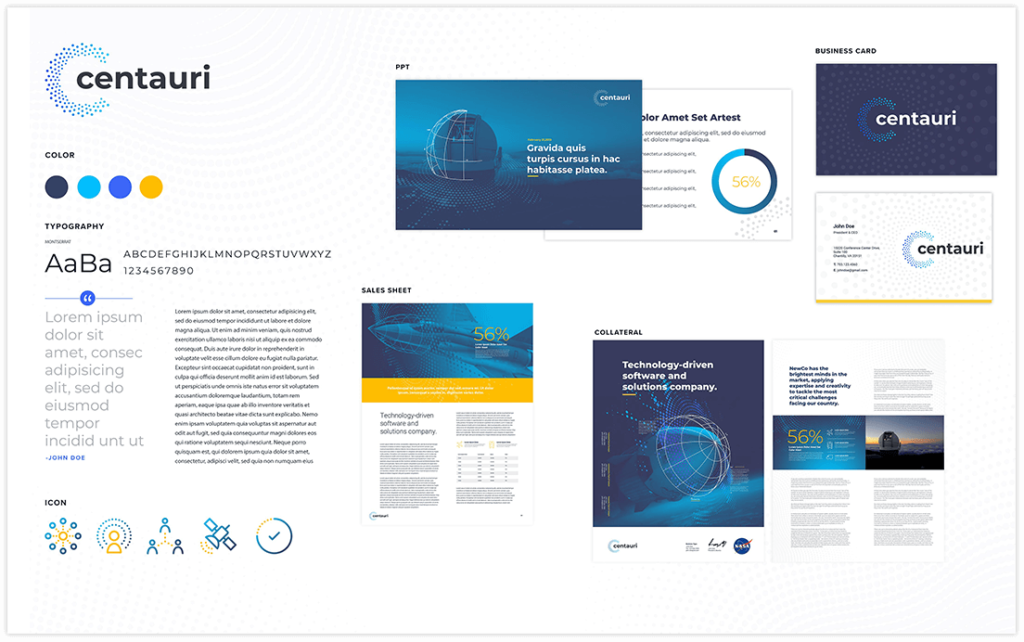In the dynamic world of private equity, the pursuit of superior returns is an ever-present goal. In this quest, factors such as operational efficiency, market timing, and strategic investments often take center stage. However, one element that is increasingly proving to be a pivotal contributor to success is the role of marketing. Beyond just advertising and promotion, marketing encompasses a comprehensive approach that stretches from brand strategy to the bottom line. Here, we delve into how marketing can significantly influence private equity returns.
Building Strong Brands
At the heart of effective marketing lies the creation and nurturing of strong brands. In the realm of private equity, acquiring or investing in companies with robust brand equity can yield substantial benefits. A strong brand not only commands premium pricing power but also fosters customer loyalty and facilitates market expansion. Consequently, it can translate into enhanced revenues and margins, directly impacting the bottom line.
By leveraging market research, consumer insights, and strategic positioning, marketing professionals within private equity firms play a pivotal role in identifying and maximizing the potential of brands. Whether it involves revitalizing existing brands or establishing new ones, a well-crafted brand strategy sets the stage for sustainable growth and value creation.
Take for example our work with Arlington Capital Partners and its portfolio company, Centauri. Bluetext designed a cutting-edge look and feel for Centauri that sets them apart from the competition. Written in a custom lowercase typeface, the Centauri logo is modern and approachable with a unique icon representing the stars that make up the Centauri constellation.

Driving Customer Acquisition and Retention
In today’s competitive landscape, customer acquisition and retention are imperative for sustained business success. Marketing strategies tailored to target audience segments can significantly bolster both these aspects, thereby driving top-line growth and enhancing profitability.
Through a combination of digital marketing, content creation, and customer relationship management, private equity-backed companies can effectively reach and engage with their target customers. By delivering personalized experiences and building lasting relationships, these companies can not only attract new customers but also retain existing ones, thus ensuring a steady revenue stream and long-term profitability.
When Francisco Partners acquired the distinguished global leader in weather data previously owned by IBM, The Weather Company (parent company of The Weather Channel and several other esteemed consumer brands), they looked to Bluetext as a trusted partner to concept, design, and build the new Weather Company website in record-breaking time.
From the inception of the engagement, the goal was clear – create a visually stunning website that caters to the specific content needs and expectations of visitors across priority and secondary audiences alike. In a comprehensive process, Bluetext was tasked with the creation of a new information architecture, which was broken down to establish the content strategy for each individual page. SEO, UX, cross-linking, and the use of taxonomy were all primary considerations in the development of the content strategy and the resulting wireframes which outline the structure of each page.

Optimizing Operations and Efficiency
Marketing’s influence extends beyond external-facing activities to internal processes and operations. By analyzing data, measuring performance, and optimizing workflows, marketing teams can identify inefficiencies and streamline operations, thereby improving overall efficiency and productivity.
From supply chain management to customer service operations, marketing-driven insights can inform strategic decisions aimed at enhancing operational effectiveness. By reducing costs, minimizing waste, and maximizing resource utilization, these initiatives directly contribute to bottom-line profitability, ultimately driving higher returns for private equity investors.
Harnessing Innovation and Adaptation
In today’s rapidly evolving marketplace, adaptability and innovation are essential for survival. Marketing serves as a catalyst for innovation by identifying emerging trends, uncovering unmet customer needs, and fostering a culture of experimentation and creativity.
Through initiatives such as product development, service innovation, and market experimentation, private equity-backed companies can stay ahead of the curve and capitalize on new opportunities. By embracing change and continuously refining their offerings, these companies can maintain relevance, drive growth, and ultimately deliver superior returns for investors.
Conclusion
In the realm of private equity, the influence of marketing extends far beyond mere promotion and advertising. From shaping brand identity to driving operational efficiency and fostering innovation, marketing plays a multifaceted role in influencing bottom-line returns. By recognizing the strategic importance of marketing and integrating it into their investment thesis, private equity firms can unlock untapped value, drive sustainable growth, and ultimately achieve superior returns for their investors.
Are you looking to increase your return on investment via the power of marketing? Contact Bluetext to learn how we can support you.




